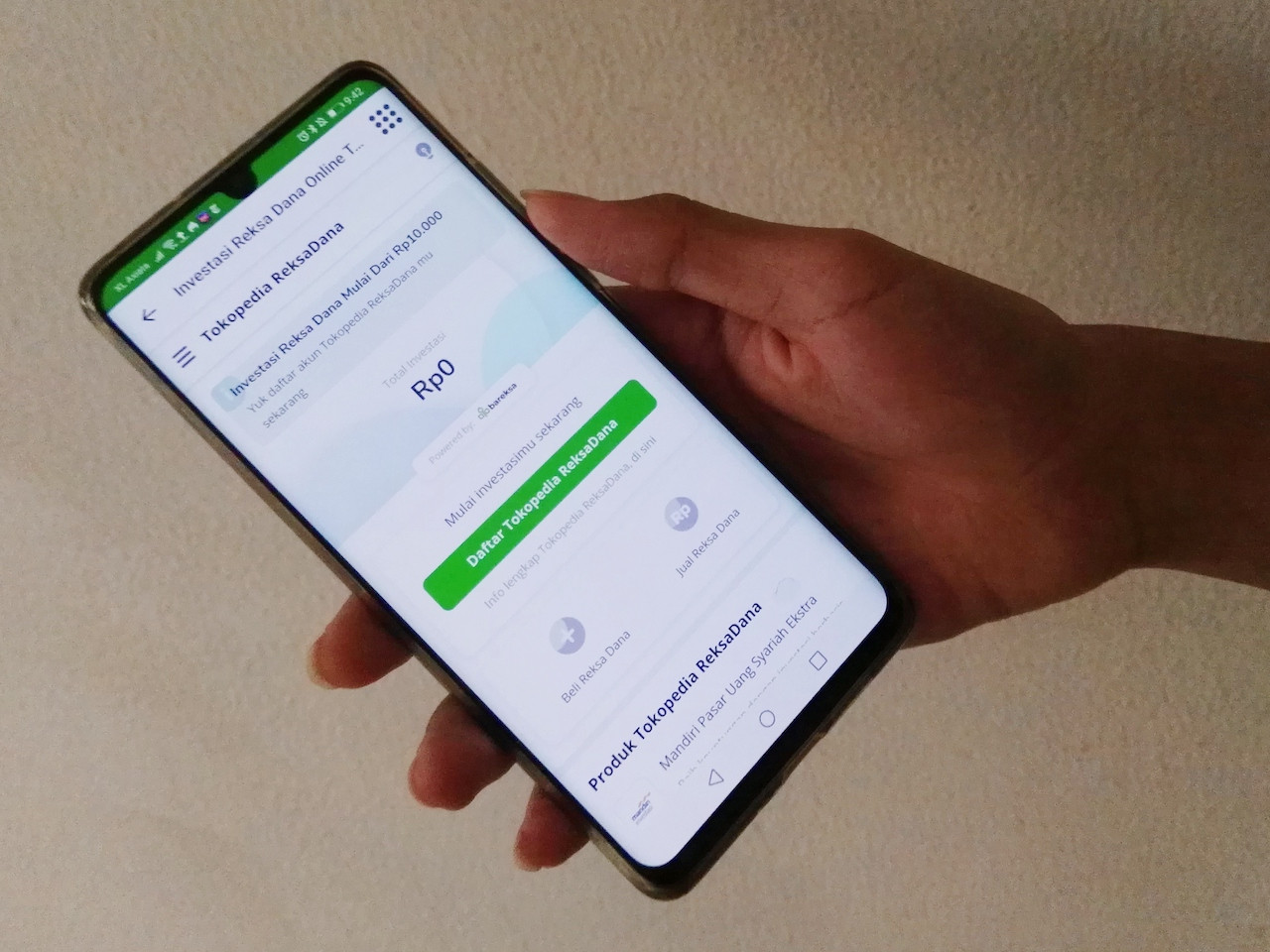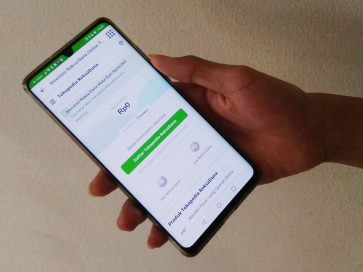Popular Reads
Top Results
Can't find what you're looking for?
View all search resultsPopular Reads
Top Results
Can't find what you're looking for?
View all search resultsWhy financial inclusion is still not relevant yet to Indonesia’s current circumstances
Financial inclusion as a whole does not really have the mechanism and mitigation to protect the vulnerable from the risks the financial markets pose.
Change text size
Gift Premium Articles
to Anyone
For the past decades, financial inclusion has been a jargon often tossed around as a boast by world organizations. As the host of the 2022 Group of 20, the Indonesian government is committed to pushing forward financial inclusion in this country to accelerate the global agenda.
Financial inclusion aims at providing affordable financial services that will include the poor in the formal economy (United Nations, 2016). World Bank (2022) also stated that financial inclusion is the key to reducing extreme poverty. As seen, world organizations keep bringing this forward to be actualized in developing countries without acknowledging the true reasons why these countries lack financial inclusion in the first place.
Many social scientists have criticized this term for years, outing the problematic views that came with this concept. Financial inclusion suggests that the lower classes have the money and the assets to manage and circulate in investment, as Bill Gates in 2015 stated that “digital banking will give the poor more control over their assets and help them transform their lives”.
This nullifies the fact that the reason the poor do not “control their assets” now is not simply because they do not know how, but because they have none to begin with. They live from paycheck to paycheck. They have urgent needs but do not have urgent funds. Sometimes they do not even earn enough to make ends meet, let alone spare money they can put into investments. In fact, to be technical, accessing these financial services will only cost these people more with transaction and administration fees, creating more problems rather than solving them.
As such, the financial-inclusion program in Indonesia does not really demonstrate how this will have an immediate impact on reducing poverty for the poor, and how accessing financial services will improve people’s livelihood directly. It does not even give solutions to technical issues that may come with this such as technological inequality and social inequality -- nor the proper infrastructure and sustainable method that can support this program for a long period.
Furthermore, financial inclusion does not necessarily mean financial literacy (Peterson K., 2020). Being aware of financial services does not conclusively suggest that people will use them, or at the very least have the urge to. In line with what was stated previously, making transactions with financial services does not directly improve their economic situation; this is even more the case if there is no money nor assets to be managed by these platforms.


















